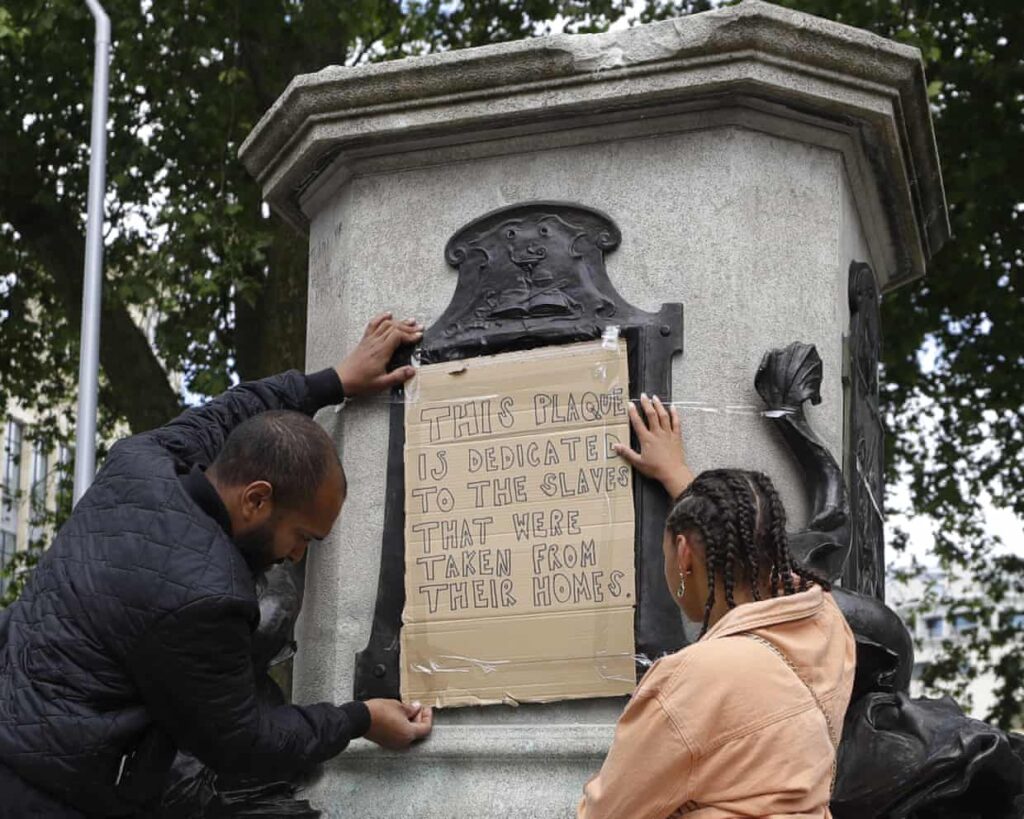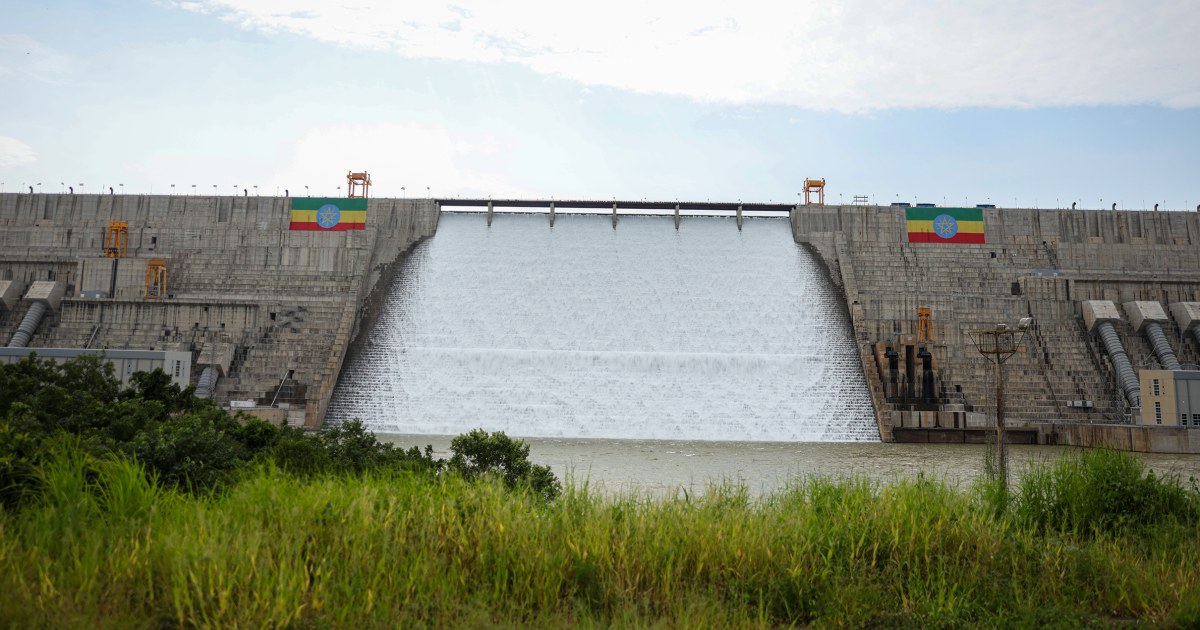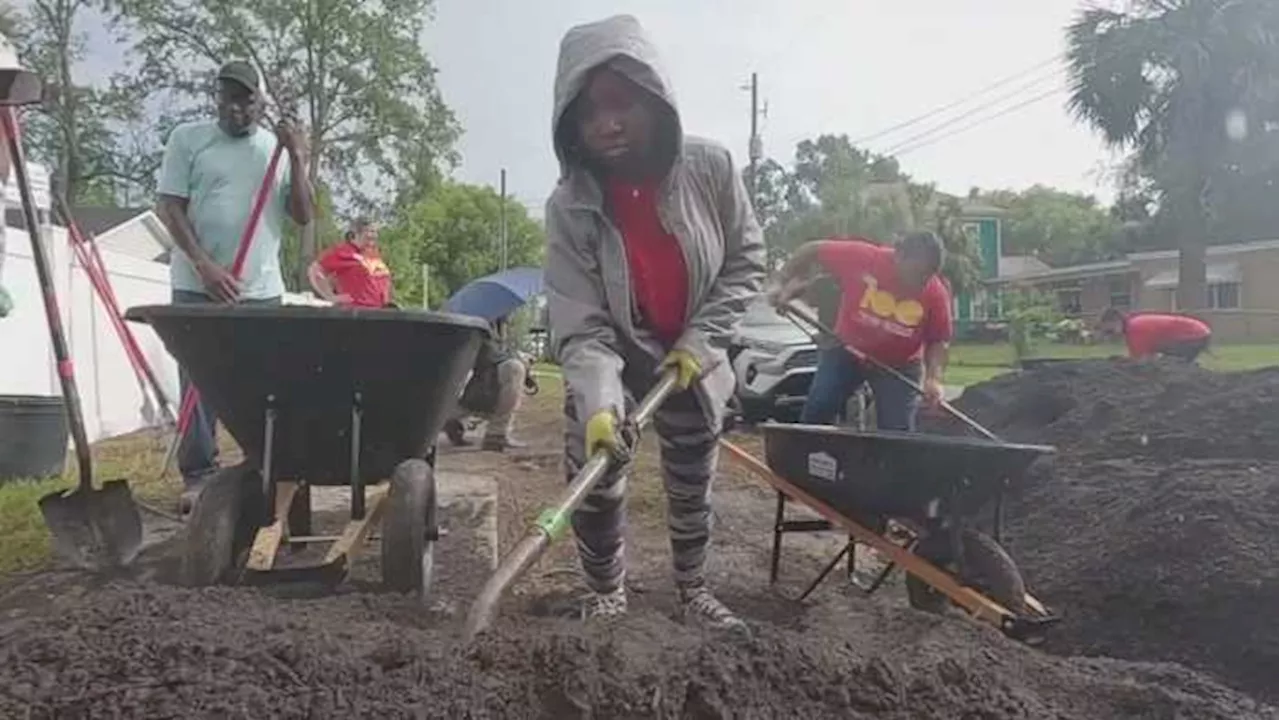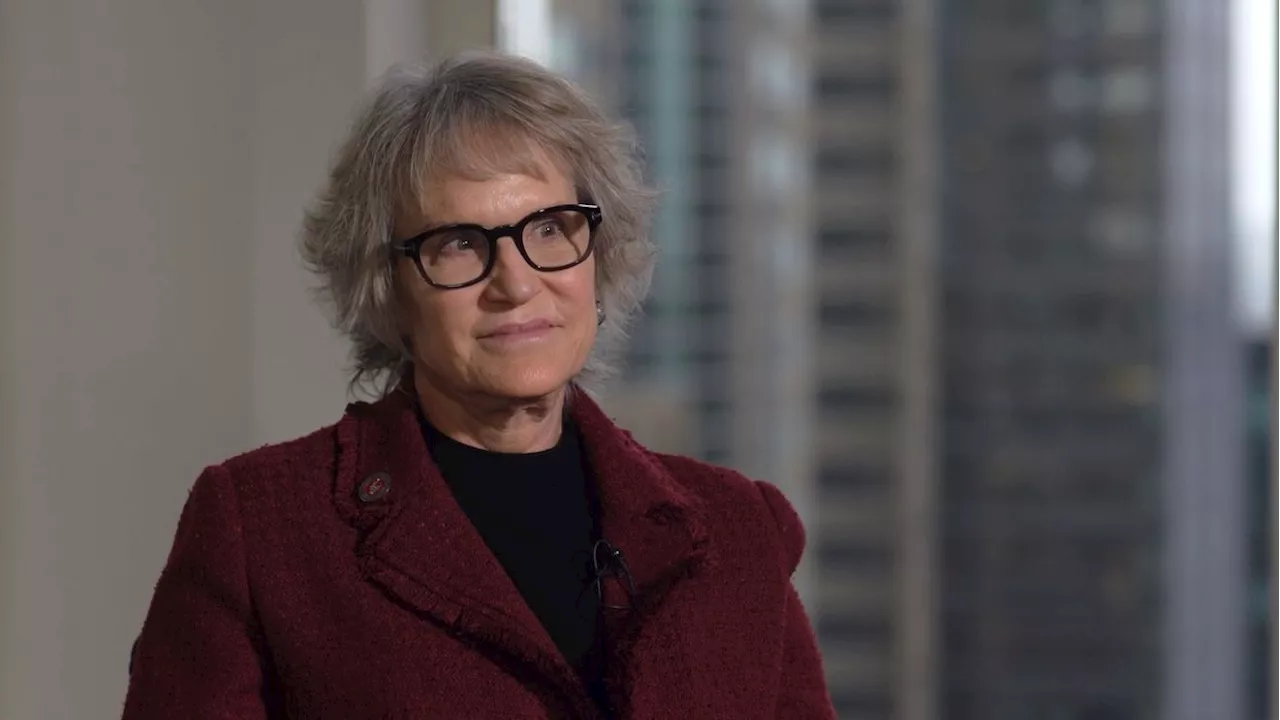
As Black History Month unfolds in the UK, discussions around reparations for transatlantic enslavement continue to provoke significant debate. The conversation, which seeks to address the historical injustices faced by Black communities, often encounters immediate pushback, labeled as “too complicated” or “too divisive.” This was evident during Keir Starmer‘s visit to a Pacific island nation last year, where instead of celebrating new Commonwealth partnerships, his trip was overshadowed by demands for justice related to historical wrongs.
During this visit, Starmer, the first sitting British Prime Minister to engage with the region, dismissed reparations as “not on the agenda.” His response, along with the silence of then-Foreign Secretary David Lammy, highlighted a persistent disconnect between the government and advocates for reparative justice. Critics argue that the public debate often fixates on myths and oversimplifications, ignoring the serious discussions about what reparative justice could entail beyond mere financial compensation.
Historical Context and Current Demands
The conversation around reparations has gained renewed momentum, particularly since the widespread anti-racist protests in the UK during the summer of 2020. Over 260 towns and cities witnessed demonstrations calling for the UK to confront its legacy of transatlantic enslavement and consider reparations. Notably, the UK has never issued a formal apology for slavery, although Tony Blair expressed “deep sorrow” in 2006. This was not recognized as an official apology by Caribbean nations.
In response to the growing calls for reparations, several British institutions took steps toward accountability. For instance, the Bank of England issued an apology, and firms such as Lloyd’s of London and the Church of England pledged to contribute to reparative efforts. Despite these actions, the momentum seemed to stall, faced with backlash and a lack of substantial policy change.
According to a recent report by the Runnymede Trust, the need for reparations remains pressing. Kojo Koram, a lecturer at the School of Law at Birkbeck, University of London, emphasized that the movement for reparations is gaining traction. “People in the government should be more attuned to this issue because it clearly is not going away,” Koram stated, highlighting the ongoing discussions in both the UK and the Caribbean.
Understanding the Financial Figures
The financial implications of reparations are significant. A 2023 study by the Brattle Group estimated that the UK owes approximately $24 trillion (£18.8 trillion) in reparations across 14 countries. While many view these figures as unattainable, Koram points out that Britain has already compensated enslavers following the abolition of slavery. In 1833, the British government borrowed £20 million to compensate slave owners—equivalent to about £450 billion today—funding these payments through taxpayer money until 2015.
The reluctance of political leaders like Starmer to engage with the topic of reparations reflects a broader trend of avoidance in addressing historical injustices. Instead of focusing on reparative measures, Starmer has prioritized “current future-facing challenges,” such as climate resilience, distancing himself from the reparations dialogue. Yet, advocates argue that the issues of reparative justice are intertwined with contemporary challenges, including climate change and economic inequality.
Koram explained, “When we talk about reparative justice, we are not just talking about financial compensation for historical wrongs. We are also discussing restructuring the architecture of global power dynamics, which continue to shape contemporary issues.” He cited climate policy as an area where reparative justice could foster a more equitable future.
Models for Reparative Justice
While critics argue that there is no clear framework for reparations, various models exist. The Caribbean Community (Caricom) has proposed a ten-point framework that encompasses measures such as establishing museums and research centers, addressing chronic health crises, and cancelling historic debts. These initiatives illustrate the deep connections between historical injustices and current socioeconomic conditions.
Koram further emphasized that the demand for reparative justice is not merely a reflection on the past but is also about shaping a more equitable future. He noted that many individuals dismiss the relevance of historical events, believing they belong to a distant past. However, Koram argues that the consequences of colonialism and enslavement are still felt today, affecting economic systems and social structures in the Caribbean and beyond.
In a world where ideas about humanity and belonging continue to be influenced by historical narratives of enslavement, separating calls for racial equality from demands for reparative justice becomes increasingly challenging. The echoes of past injustices resonate within contemporary institutions, shaping perceptions of race and power.
As discussions on reparations evolve, it becomes clear that the path forward will require serious engagement from political leaders and a willingness to confront historical wrongs. The ongoing debate reflects a broader struggle for justice and equality, reminding society that the past is never truly behind us.







